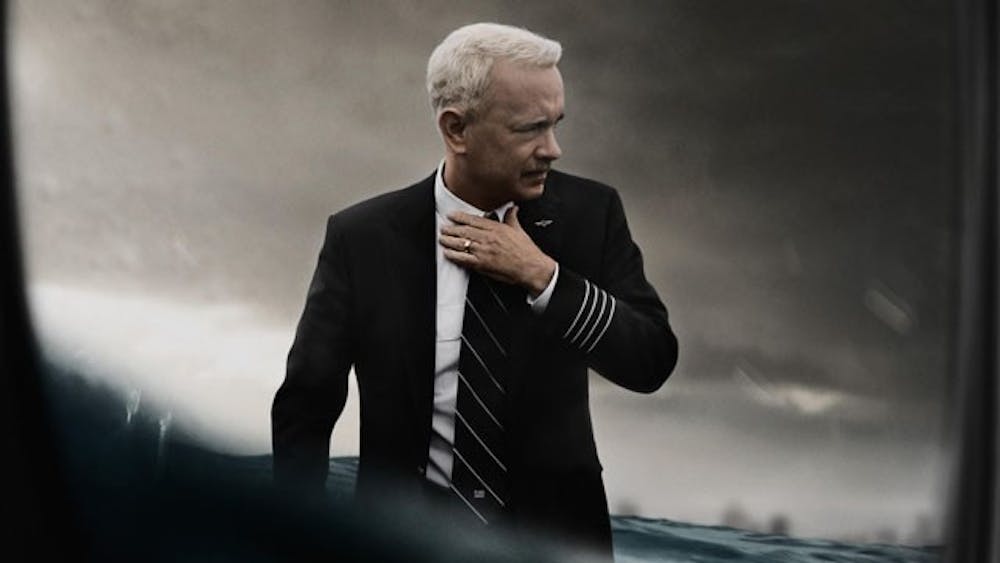The Chapel Hill Film Society is partnering with Swerve to bring UNC students and the Chapel Hill community film reviews from those who know film best. This week Erik Schoning, CHFS member and senior comparative literature major, reviews "Sully."
You may remember Chesley “Sully” Sullenberger.
In 2009, his outbound flight from LaGuardia Airport hit a flock of geese, forcing Sully to land the damaged plane on the Hudson River. There wasn’t a single fatality, and news outlets ate it up, calling the story the “Miracle on the Hudson.”
And if you thought his 15 minutes of fame were up, you were wrong.
"Sully" is directed by Clint Eastwood, who has spent too much time in Hollywood to cash in on just any tabloid headline. The script is adapted from Sullenberger’s autobiography and is an intensely personal account of a national sensation.
Eastwood has lately been drawn to biopics, stories of American men (yes, it’s always men — Eastwood is a director with limited interests) in positions of fame, power and celebrity. In Eastwood’s hands, the feel-good story of the “Miracle on the Hudson” becomes something much more complicated.
The film opens in the days after the incident, as Sully slogs through boardroom meetings in New York City. The skeptical bureaucrats of the National Transportation Safety Board (played by Anna Gunn, Mike O’Malley and Jamey Sheridan) accuse him of recklessness. They argue that he was fully capable of landing the plane at an airport, and that the landing in the Hudson was unnecessary and ill-advised. Sully attends these hearings with his co-pilot Jeff Skiles (Aaron Eckhart), who has more faith in Sully than he has in himself.
Here is where the film diverges from so many other based-on-a-true-story blockbusters. It is, above all, a mystery film: Did Sully make the right choice? Was his landing on the Hudson a well-calculated decision, or a bit of jittery panic?



